Iran has confirmed it is negotiating “with full force” to avoid the reimposition of international sanctions by the UN Security Council, amid threats from European powers involved in the 2015 nuclear deal ahead of their meeting with Tehran on Tuesday. The Iranian Foreign Ministry spokesman, Esmail Baghai, stated in a press conference that “our focus is on avoiding steps or incidents that could be costly for the country,” affirming that Tehran is negotiating with full force with the European Troika composed of France, Britain, and Germany.
Senior officials from Iran and the three European powers are scheduled to meet in Geneva on Tuesday to discuss the Western demand that Iran resume nuclear inspections and diplomacy or face the reimposition of sanctions that were lifted under the 2015 agreement. France, Britain, and Germany, known as the Troika, threaten to activate the snapback mechanism for sanctions at the UN Security Council by October 18, when the nuclear deal expires.
The three powers recently indicated their intention to decide by the end of August unless Iran makes concessions that could convince them to delay briefly, often referred to as an extension. Tensions cloud the talks amid Iran’s anger over US and Israeli strikes on its nuclear facilities.
A Western official said, “We will see if the Iranians are serious about the extension or if they are stalling. We want to see if they have made any progress on the conditions we set for the extension.”
These conditions include resuming inspections, including accounting for Iran’s large stockpile of enriched uranium, and engaging in diplomacy with countries including the United States. Iran has repeatedly ruled out direct talks with Washington.
Israel and the United States have said that striking uranium enrichment sites in Iran was necessary because Iran is rapidly advancing toward producing a nuclear weapon. Tehran denies any intention to develop atomic bombs.
Iran has enriched uranium to 60 percent purity, approaching the approximately 90 percent needed to manufacture a nuclear weapon. Before the strikes began on June 13, Iran had quantities of uranium enriched to this level sufficient to produce six nuclear weapons if further enriched.
However, actual weapon production would take longer. The International Atomic Energy Agency (IAEA) has said it cannot guarantee that Iran’s nuclear program is entirely peaceful and has no reliable indication of a coordinated nuclear weapons program in Iran.
Although Iran’s enrichment facilities were severely damaged or destroyed, Tehran has not allowed the IAEA to enter these sites since the attacks, citing safety concerns for inspectors. The status and location of Iran’s large stockpile of enriched uranium remain unclear.
An Iranian official said, “Due to the damage to our nuclear sites, we need to agree on a new plan with the IAEA, and we have conveyed this to them.”
Western officials suspect Iran has returned to negotiation tactics aimed at buying time and delaying talks. The three European countries aim in Tuesday’s talks to determine if this is currently the case.
Tehran warned of a “harsh response” if sanctions are reimposed.



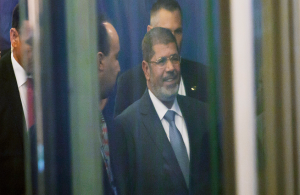
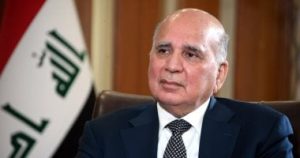
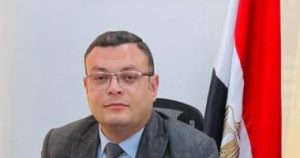
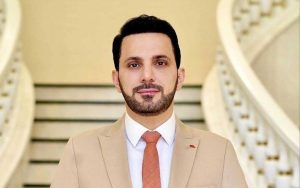
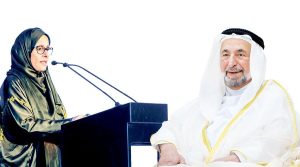
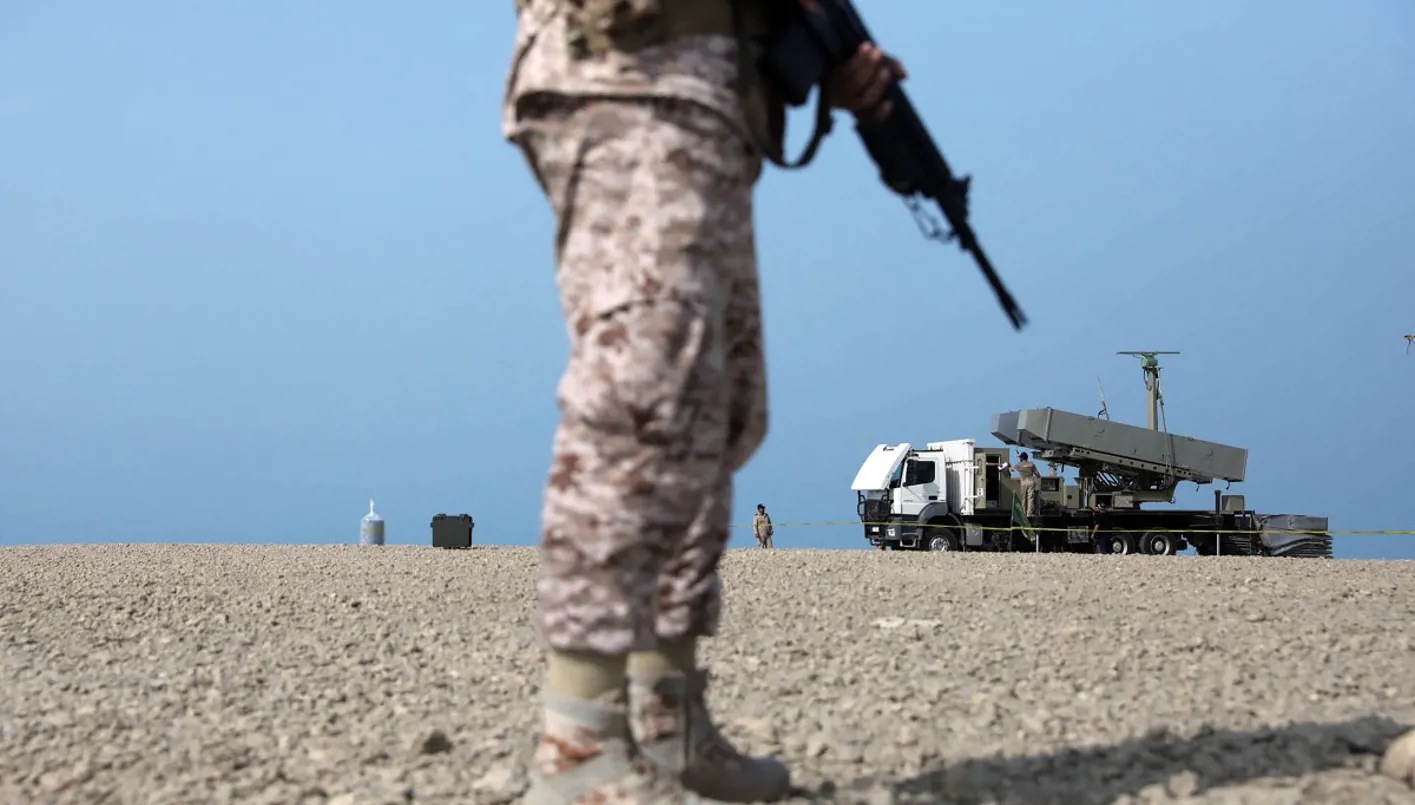
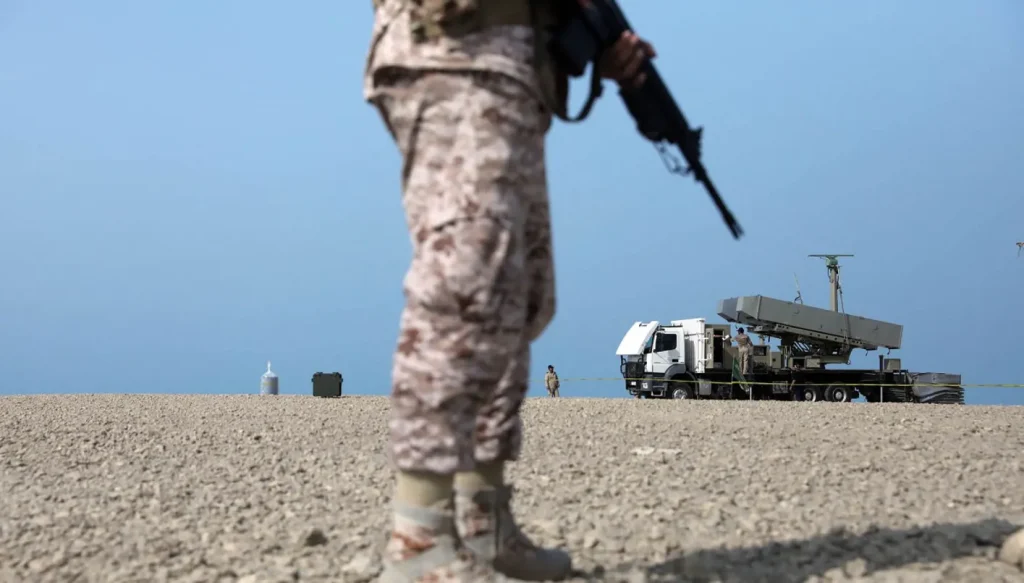




Recommended for you
Talib Al-Rifai Chronicles Kuwaiti Art Heritage in "Doukhi.. Tasaseem Al-Saba"
Exhibition City Completes About 80% of Preparations for the Damascus International Fair Launch
Unified Admission Applications Start Tuesday with 640 Students to be Accepted in Medicine
Egypt Post: We Have Over 10 Million Customers in Savings Accounts and Offer Daily, Monthly, and Annual Returns
His Highness Sheikh Isa bin Salman bin Hamad Al Khalifa Receives the United States Ambassador to the Kingdom of Bahrain
Al-Jaghbeer: The Industrial Sector Leads Economic Growth